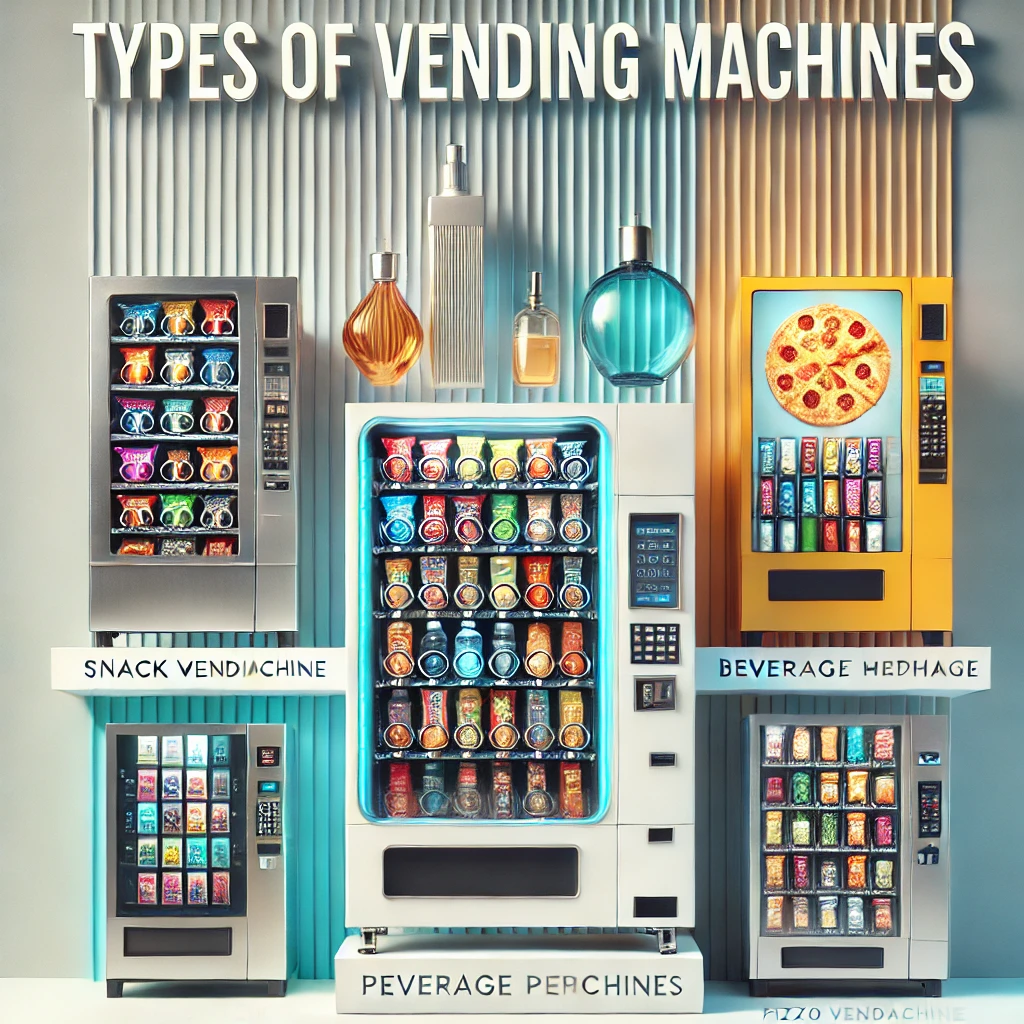1. Financial Viability of Vending Machines: Steady Revenue Streams
Vending machines can generate substantial income when managed strategically. The success lies in their low overhead costs and ability to operate 24/7 without needing constant supervision. Machines in high-traffic areas, such as shopping malls, office complexes, and schools, can generate daily profits ranging from $20 to $100 per machine, depending on the product and location. Specialty vending machines, like those offering custom phone cases or fresh food, often yield even higher returns as they cater to niche markets with higher profit margins.
However, profitability also depends on initial investment and ongoing costs. Machines with advanced technology, such as touch screens and cashless payment systems, can increase sales but require a higher upfront cost. Smart inventory systems, such as those offered by **Guangzhou Zhongxin Smart Device Co., Ltd.**, help maintain stock efficiently and reduce operational costs, ultimately boosting profits.
2. Challenges and Opportunities: Not All Vending Machines Are Equal
While vending machines can be lucrative, they are not a guaranteed path to wealth. Factors like poor location, lack of demand for products, or malfunctioning machines can significantly impact revenue. For example, a machine placed in a low-traffic area might struggle to cover maintenance and stocking costs. Conversely, vending machines in busy urban centers or tourist spots can thrive, offering products like bottled water, snacks, or even unique items such as cotton candy or pizza.
Innovations in the vending industry are creating new opportunities. Companies like **ZXVENDING** provide customizable machines that cater to specific market demands, such as eco-friendly snacks or premium coffee. Franchise options also simplify the process for beginners, offering pre-selected locations and established branding, though profits are shared with the franchisor.
3. Long-Term Profitability: Diversification and Scaling
Diversification and scaling play critical roles in maximizing the profitability of vending machines. A single vending machine may only generate modest profits, but a network of well-placed machines can build a steady income stream. Expanding into various product categories—such as cosmetics, electronics, or healthy foods—allows operators to capture different consumer segments. For instance, vending machines in gyms stocked with protein bars and supplements perform differently than those in office settings with coffee and snacks.
Advances in technology make it easier to manage multiple machines remotely. Smart vending solutions, like those from **Guangzhou Zhongxin Smart Device Co., Ltd.**, allow operators to monitor inventory levels, sales trends, and machine performance through cloud-based systems. These features enhance operational efficiency and reduce downtime, ensuring consistent revenue.
4. Passive Income Potential: Earning Without Constant Oversight
Vending machines are an excellent source of passive income when managed efficiently. Once installed and stocked, they require minimal daily oversight, especially if equipped with smart technology to monitor sales and inventory. This hands-off nature appeals to entrepreneurs looking to supplement their primary income or diversify their portfolio. Machines placed in high-traffic locations, such as airports or shopping centers, can generate steady cash flow with limited labor costs.
For business owners willing to invest in advanced vending machines like those provided by **Guangzhou Zhongxin Smart Device Co., Ltd.**, features like automated restocking alerts and remote diagnostics further reduce management efforts. While initial investments and occasional maintenance are necessary, the long-term passive income potential makes vending machines an attractive option for individuals seeking financial flexibility.
5. Adaptability to Trends: Staying Relevant in Diverse Markets
The vending machine industry is highly adaptable to consumer trends, allowing operators to stay relevant and maximize profits. For example, the increasing demand for healthy eating has led to the popularity of machines offering organic snacks, low-calorie beverages, and even fresh produce. Similarly, the rise of experiential shopping has spurred interest in machines dispensing novelty items, like blind boxes or customized products.
Companies like **ZXVENDING** empower operators with modular designs and versatile product offerings. Machines can be tailored to cater to niche markets, such as vending makeup in beauty salons or electronic accessories in tech hubs. This adaptability ensures vending machines can thrive in changing economic climates and consumer preferences, making them a sustainable business investment.
Conclusion
By analyzing vending machines through these angles, it's clear that they can indeed "make good money," provided the right strategies and tools are employed to optimize their performance.



















